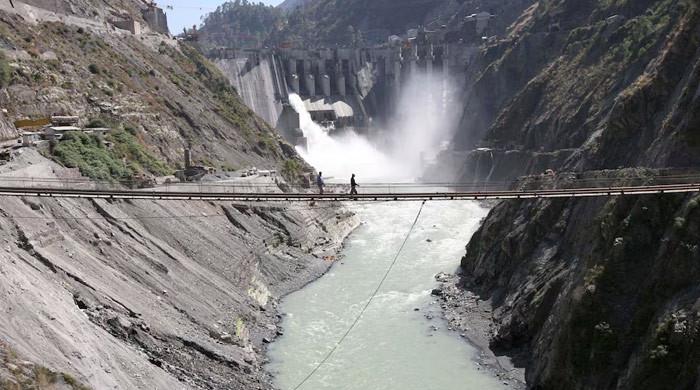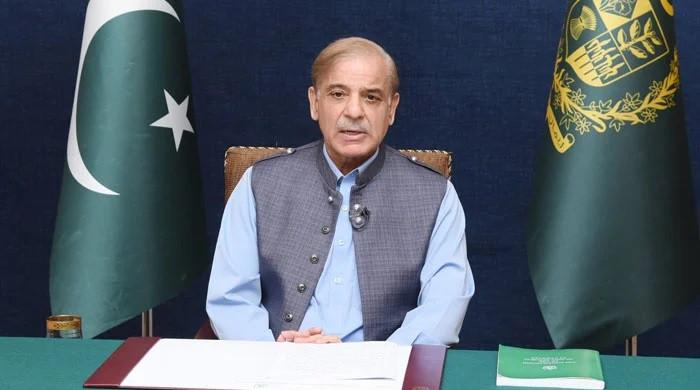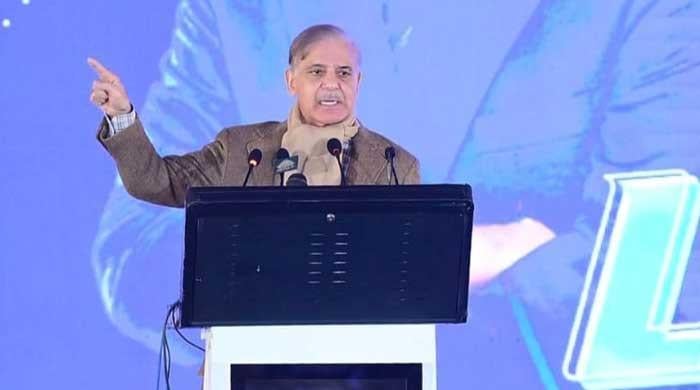Concealing assets qualifies as dishonesty, reasserts CJP
Supreme Court larger bench will begin hearing to decide duration of disqualification under Article 62(1)(f) on Jan 30
January 26, 2018
ISLAMABAD: Chief Justice Mian Saqib Nisar remarked on Friday that they had declared in the Nawaz Sharif case that concealing assets in election nomination papers qualifies as dishonesty.
The remarks were made as the three-member Supreme Court bench took up Multan Cantonment Board Chairman Humayoun Akhtar’s appeal against the election tribunal's decision disqualifying him.
The petitioner informed the apex court that the election tribunal had declared him ineligible from contesting elections as he had failed to declare a bank account in his nomination papers.
The petitioner's counsel stated that Akhtar has been barred for life from contesting elections due to the tribunal’s decision.
At this, the chief justice remarked that you failed to declare Rs3.7 million present in your account. He added that the court, in the Nawaz Sharif case, had declared that hiding assets qualifies as dishonesty.
Then prime minister Nawaz Sharif was disqualified on July 28, 2017, under Article 62(1)(f) of the Constitution, for concealing in his nomination papers the receivable income from his son's company in UAE.
Addressing the petitioner, Justice Ijazul Ahsan remarked that the tribunal had declared his election null and void, and not the person himself.
Justice Umar Ata Bandial added that there is a difference in the interpretation of Article 62(1)(f) and section 99(f) of Representation of People's Act 1976. Justice Bandial stated further that the tribunal did not give a declaration that the petitioner would be unable to contest elections.
The chief justice also remarked during the hearing that they have to decide the length of disqualification per Article (62)(1)(f) — whether it will be a year, five years or lifelong.
"We will begin hearing petitions on the subject from January 30," he remarked, adding that the larger bench’s decision on the matter will apply in the future.
The court then dismissed the cantt board chairman's petition against the tribunal’s decision and wrapped up the proceedings.









